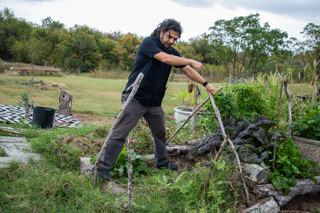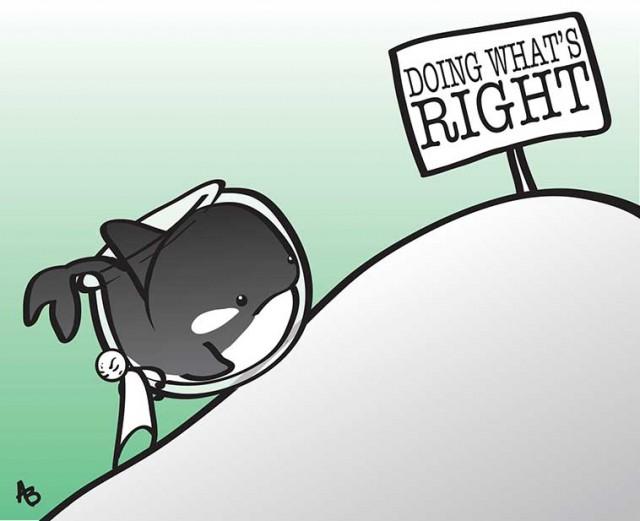By Jessica Badejo
“Sticks and stones will break my bones, but words will never hurt me.” NE speech instructor A’Isha Malone proved this children’s rhyme not to be the case March 24.
Malone dug deep into the impact words have on how people see themselves and each other in her seminar Dealing with Trigger Words and Practicing Inclusive Language held on SE Campus.
Gathered to understand the impact of trigger words to the importance of being emotionally correct over being “politically correct,” the seminar quickly turned into group discussions.
Each group, with a range of ethnicities and backgrounds, was asked to answer three questions.
First, participants were to write a couple of trigger words relevant to their group. Common trigger words throughout the room were racial or sexual-orientation slurs.
Some things aren’t usually meant to be hurtful but can come out as inconsiderate or insensitive. For example, in the LGBTQ community, the word “lifestyle” is seen as offensive because it’s not something one chooses. It is their life.
“Meanings are in people,” Malone said. “Words are powerful.”
The second discussion question asked about the importance of being politically correct and whether people have become “too sensitive.”
Every group had a different idea of what was considered too sensitive, and it had a direct link to being authentic.
Cyrus Crosby, SE academic advisor, clarified why being politically correct is not as important as being authentic.
“Understanding where somebody is coming from is being authentic,” he said. “Knowing what to say in order not to step on anybody’s toes is being politically correct.”
In response to using inclusive language on a day-to-day basis, the groups decided they should ask questions, stay informed and practice empathy.























